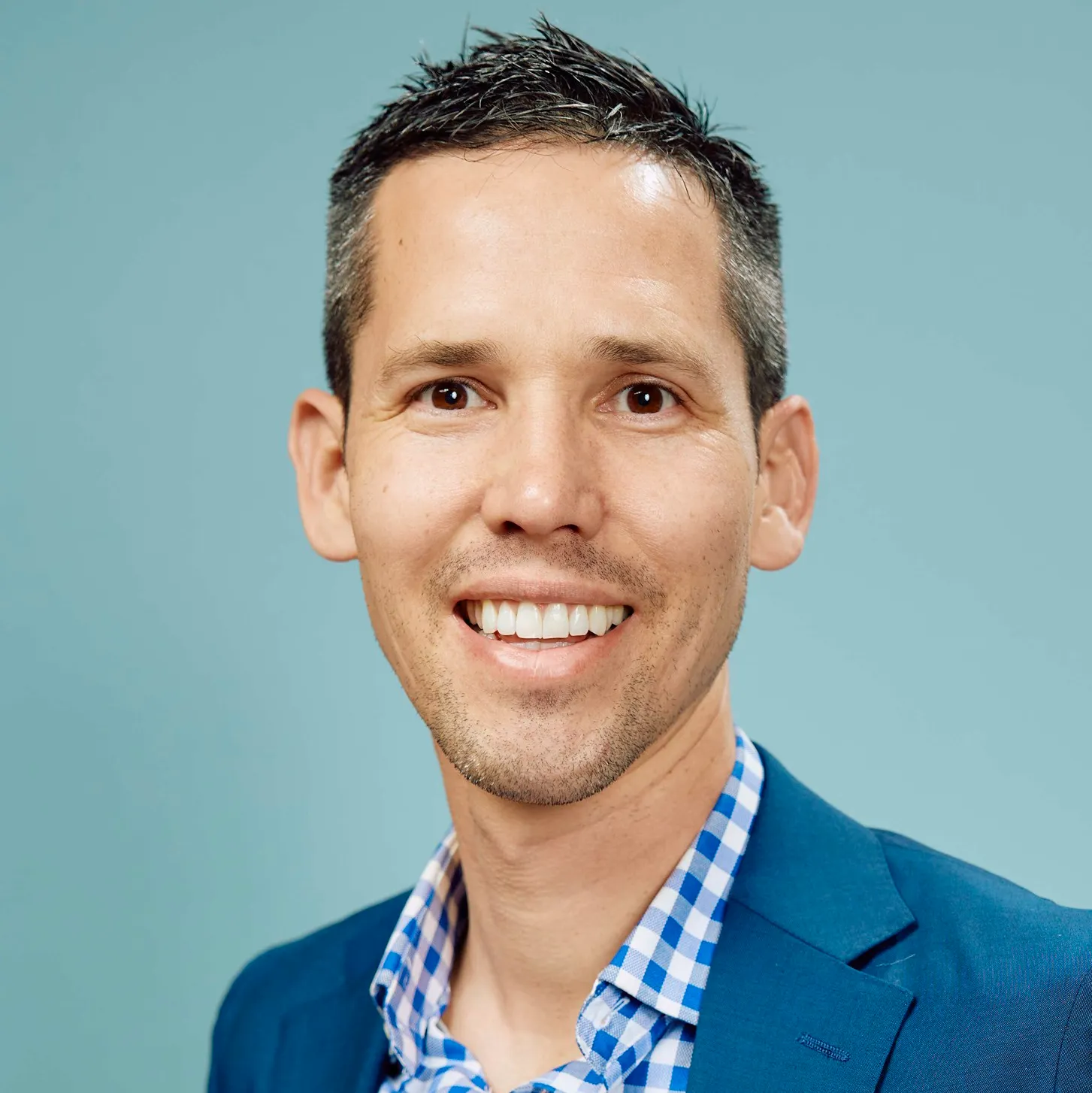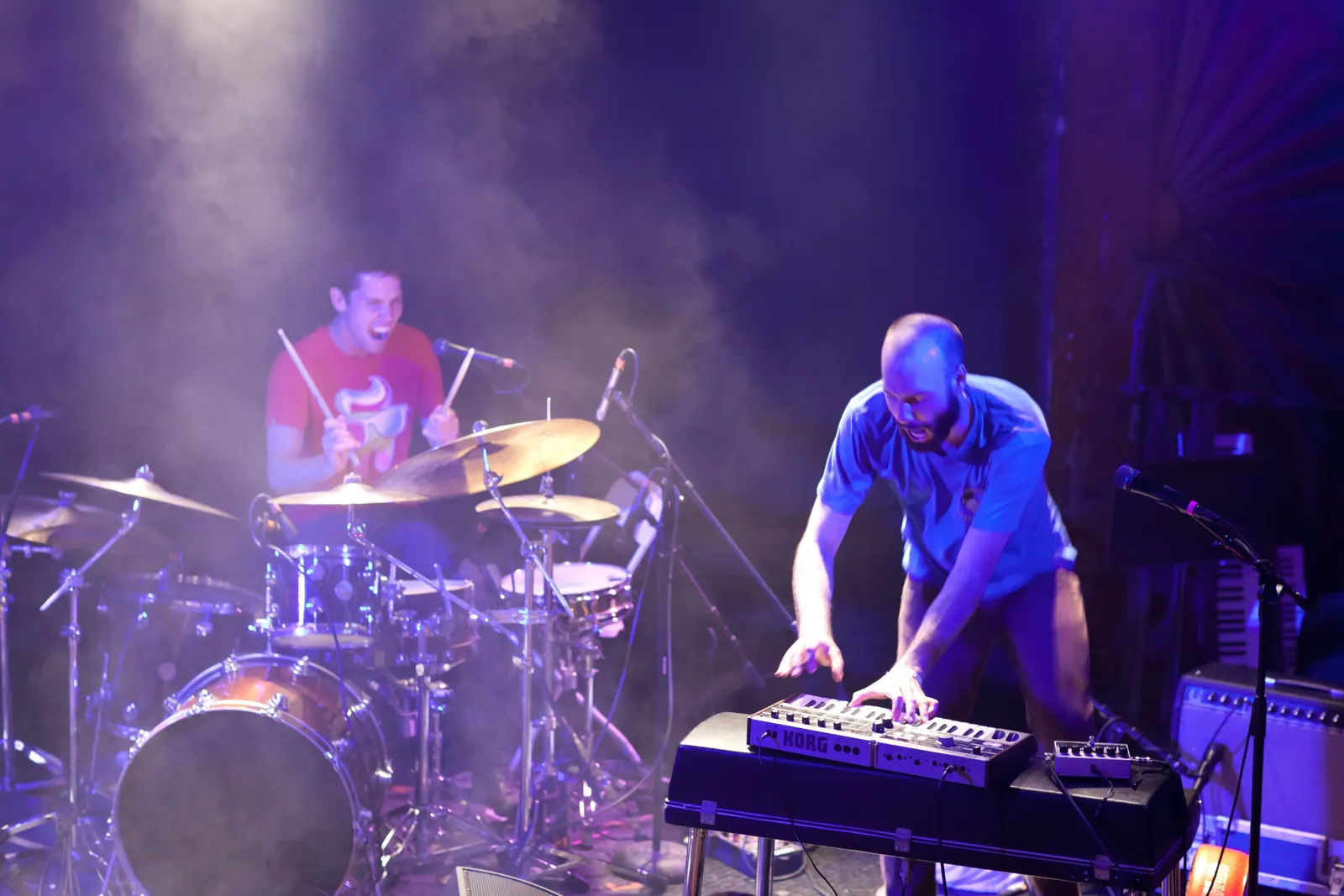Carlos Cabrera took over the CFO role at Patreon last month after spending nearly a decade rising through the company’s ranks. A Stanford-trained structural engineer, Cabrera joined the media and community platform for creators as its first data scientist in 2015 and has since overseen functions ranging from data science and finance to corporate development, HR, sales, and marketing.
Now as CFO, Cabrera brings a rare blend of financial modeling skills and “deep creator empathy” to the role. His diverse background includes building statistical risk models for natural disasters and drumming in the indie band Pomplamoose. He sees Patreon’s payments infrastructure, global tax complexity and creator-first culture as key strategic priorities as the platform scales beyond $10 billion in cumulative payments.
In this conversation with CFO.com, Cabrera shares how he evaluates risk, navigates challenges around global payments and the future of human work in a world increasingly shaped by AI.

Carlos Cabrera
CFO, Patreon
First CFO Position: 2025
Notable previous employers:
- Electro-Harmonix
- Risk Management Solutions
- Stanford University
ADAM ZAKI: You’ve been with Patreon for 10 years. Why become CFO now?
CARLOS CABRERA: It’s a mix of how my role has evolved and what the company needs at this stage.
I started as a data scientist, though from the beginning it was clear my job was company building. I joined as one of 24 employees and spent the first couple of years coding. I built things like the creator earnings dashboard, which didn’t exist before.
From there, I built the data science team, took on HR and hired a head of HR. At different times, I also oversaw sales, marketing, legal, trust and safety, compliance, corporate development and our Memberful unit. So I’ve effectively led across the company.
At the C-level, especially as CFO, you often have to step in when things break. I’ve done that repeatedly, and it’s clear to [our CEO] Jack Conte and the board that I’ve operated at that level.
On the company side, at $100 million in revenue and 50,000 customers, we may not have needed a CFO. But now we’re at more than $2 billion in annual payments, over $10 billion cumulative with 300,000 creators and 400+ employees. The scale demands it.
What’s your goal as CFO?
Patreon has over 300,000 creators making money on the platform. We pioneered the idea of creators building direct fan relationships, and we’re the market leader. OnlyFans is the only real exception, and that’s a very different model.
Even with our scale, we still see ourselves as small. There are millions of creators globally, and we’ve barely scratched the surface. Our market penetration is likely below 0.5%. Our market penetration is likely below 0.5%, and over the next 10 years, the total number of creators will explode.
AI will massively disrupt jobs. As machines take over more tasks, people will gravitate toward creative expression and community. Those are two things that define what creators do. Whether it’s woodworking, gardening, music or software engineering, honing a craft and connecting with others are deeply human. That’s the future of work, and it aligns perfectly with what Patreon enables.
So, growth is the top priority. Not just in a revenue sense, but in creating more value for creators and fans. Yes, I care about margins and efficiency, but my main focus is expanding our reach and impact. AI isn’t something we’re building, but it’s a huge tailwind for us. The creator economy is going to get much bigger, and we want to lead that transformation.
How does your unique background shape how you lead?
There are really three parts to my experience. First is engineering. I studied civil and structural engineering at Stanford, including a master’s, and worked mostly in simulation, specifically finite element modeling. I built statistical models for insurance clients to assess financial risk from earthquakes and other natural disasters. We worked with massive datasets. Microsoft was a direct partner. That made me good at modeling, and that skill has translated directly into financial modeling. I can model the hell out of anything.
Second is music. I’ve played drums since sixth grade. My cousin was a conductor for the San Francisco Opera and the Las Vegas Philharmonic. My uncle was Neil Young’s bass player for his whole career, and another uncle and aunt were caretakers of Neil’s ranch in Woodside, California. When I was at Stanford, I’d drive over the hill to hang out at the ranch and ended up playing regularly with some of the guys in Neil’s band. Music has always been a major part of my life.

When I met Jack as a freshman at Stanford, he came to one of my shows and asked me to join a band with him. That eventually became Pomplamoose. I played drums in that band for over a decade and toured all over the country. Most of my close friends and family are creators, so working at Patreon feels incredibly personal. I just call people in my life to understand what creators need.
That combination of technical modeling and deep creator empathy is what makes this role feel natural to me. I never thought I’d stay at a company for over 10 years, but I care so much about our mission that I can’t walk away from it. It feels like I don’t have a choice. I have to keep building this.
Has the global B2B payment infrastructure held you back as you’ve scaled?
Payments are challenging. One key distinction between Patreon and other platforms is that, on most platforms, creators have to set up their own Stripe or PayPal accounts. That keeps the platform out of the payments flow and makes the creator the merchant of record. So they’re responsible for taxes, fraud and chargebacks.
Patreon took a different approach. Fans pay Patreon and creators withdraw funds from their Patreon accounts. That makes us the merchant of record, so if something goes wrong — chargebacks, tax issues, fraud — it’s on us, not the creator.
This also improves the experience. If a fan supports three creators, they get one charge from Patreon, not three separate ones. That helps reduce churn. To support this, we’ve built multiple payment processor integrations and dynamically route transactions by geography or content type to improve success rates and lower costs. It’s a lot of work, but it allows us to offer more payment options, manage risk and simplify things for creators.
Internationally, it’s a huge value. If a Canadian creator has fans in Luxembourg, we handle VAT, remit taxes to the right authority and deal with any compliance issues, even retroactively. Creators don’t have to think about it.
With this, tax is wickedly complicated for us. We have tens of millions of customers in almost every country — only a handful of exceptions. Our tax situation involves tens of thousands of returns each year. We have corporate obligations in places like the U.S., Ireland, Portugal, the U.K. and Australia. And as a platform, we handle taxes for tens of millions of fans and hundreds of thousands of creators globally. It’s a massively complex part of what our finance team takes ownership of.
How did your work in engineering and earthquake modeling affect the way you think about risk?
It taught me to focus on rare but high-impact events, the kind people often overlook because they don’t happen every year. My early career was spent building statistical models to predict those risks for insurers, and I bring that same mindset to business. I think beyond the obvious and prepare for low-probability, high-consequence scenarios.
But I didn’t just model disasters. I responded to them. After the Haiti earthquake in 2010, I flew into the Dominican Republic, crossed the border and worked in collapsed hospitals and chaotic environments. I also responded to major disasters in Japan, Chile, Indonesia and other regions. What I realized is that I operate well in fast-moving, ambiguous, high-stakes situations. I can stay calm, think clearly and lead when others are overwhelmed.
That’s directly shaped how I lead at Patreon. Even as we’ve scaled, we still face moments of uncertainty, big strategic pivots or unexpected external changes. My experience helps me navigate those moments and guide the company through them.
I don’t think a CFO’s job is to minimize risk. It’s to manage and take the right risks. We have less than half a percent market share in a rapidly expanding space. We need to be bold. We have to be solid in how we handle payments and money, but aggressive in how we grow and evolve the product.
Do you have a mentor, or someone outside of Patreon you can go to for insight?
Yes. I think having mentors is essential. You need people outside your company who can help you think through complex situations, and you also need feedback from CFOs at larger companies to keep growing.
Around 2016, I started reading Shopify’s financials and realized their structure, with a platform, payments and capital offerings, was very similar to what we were trying to build at Patreon, just for creators instead of retailers. I thought, ‘We should build [things like] Patreon Payments, Patreon Capital — the Shopify model, but tailored to digital content.’
I found Shopify’s former CFO, Russ Jones, and sent him a cold email. I said, ‘I’ve read everything Shopify has published. I have some questions. Pick any day and I’ll fly to Ottawa and take you out for breakfast or lunch to talk.’ He said, ‘Yes.’ I flew to Ottawa, we met and that turned into a long-term mentorship. We still talk; I had a call with him just two weeks ago.
That relationship grew into something broader. Shopify’s head of data mentored some of our engineering leaders. Our marketing teams connected. [Conte] then built a great relationship with Shopify’s CEO. We learned a lot through the connection with Shopify.
Another key mentor is Rob Krolik, the former CFO of Yelp. I met him during a Wharton course on CFO leadership, and now I call him whenever I’m facing a tricky or sensitive issue. Ethics questions, high-stakes decisions or just stuff that’s hard to talk through internally. He’s been a fantastic resource.





![[PODCAST] The future of tax: What’s next for your team?](https://leviroyce.com/wp-content/uploads/2026/03/40168-podcast-the-future-of-tax-whats-next-for-your-team-400x250.webp)